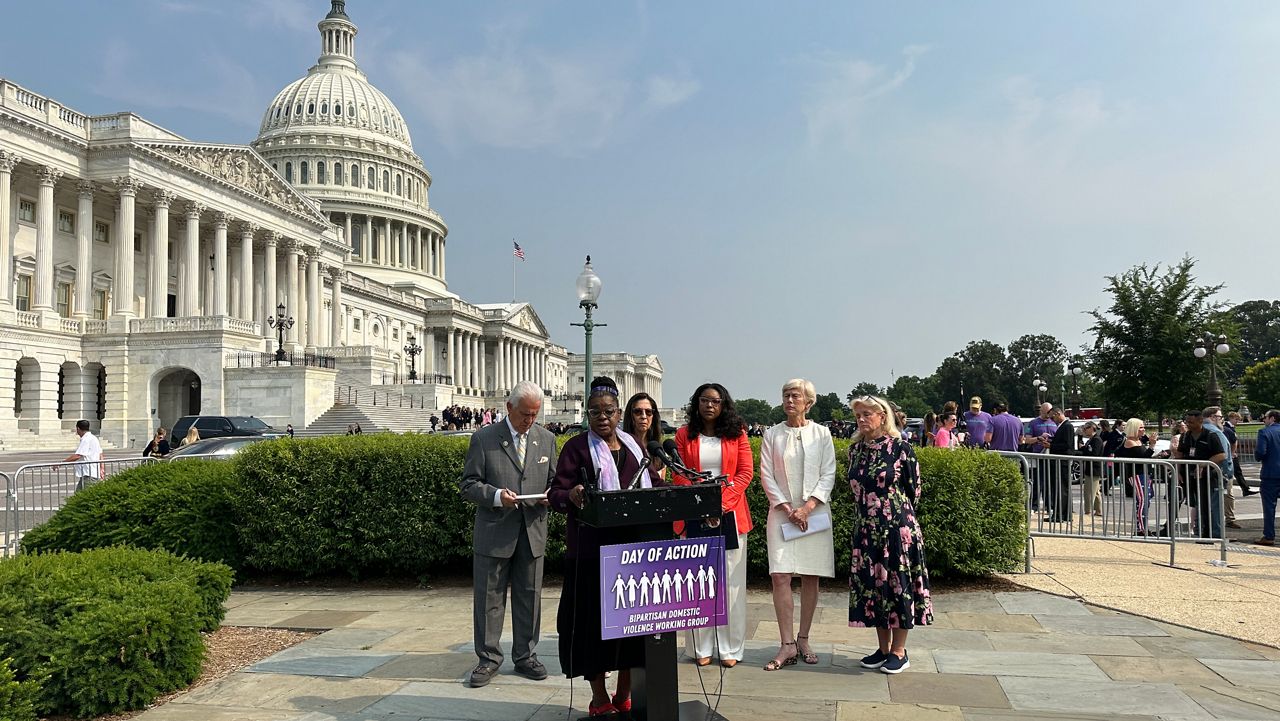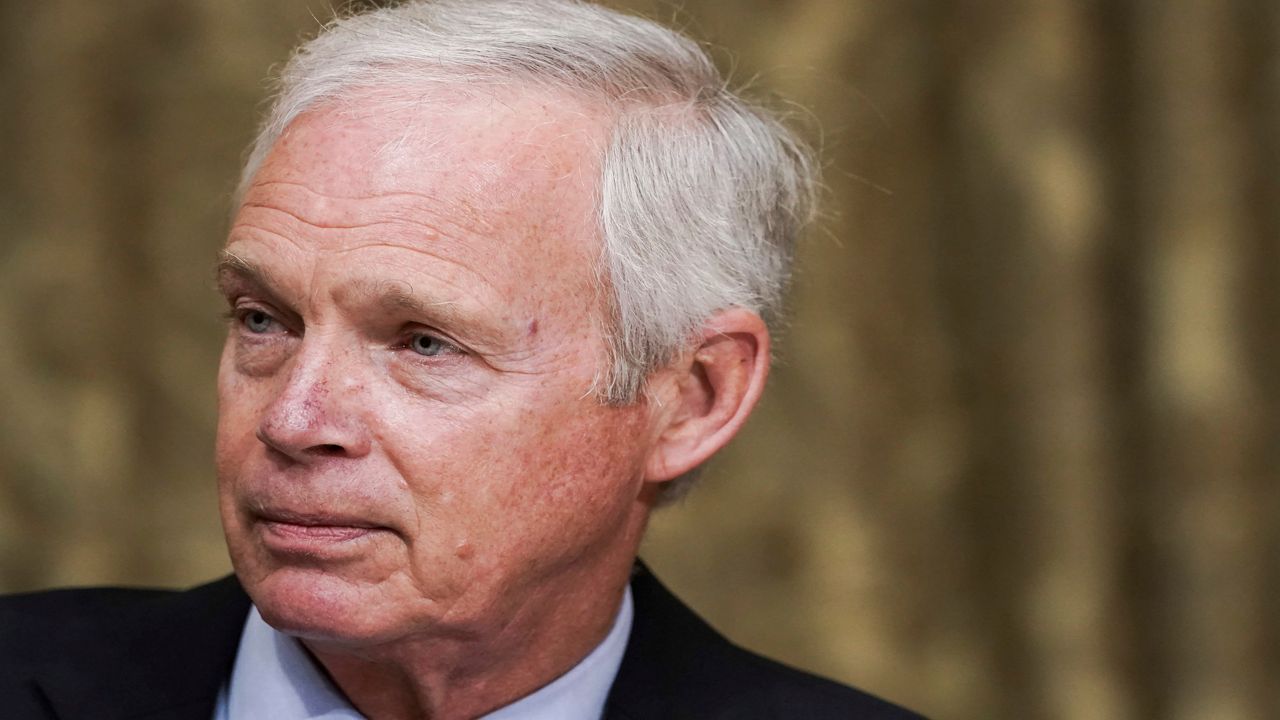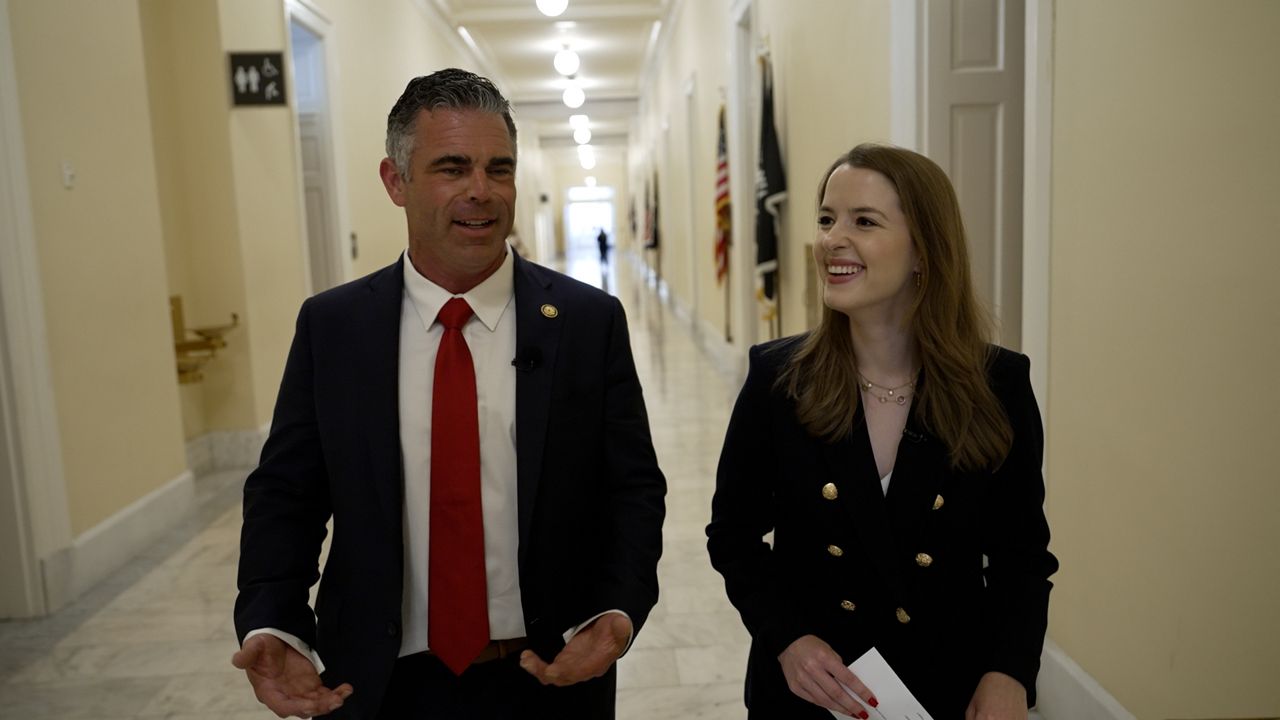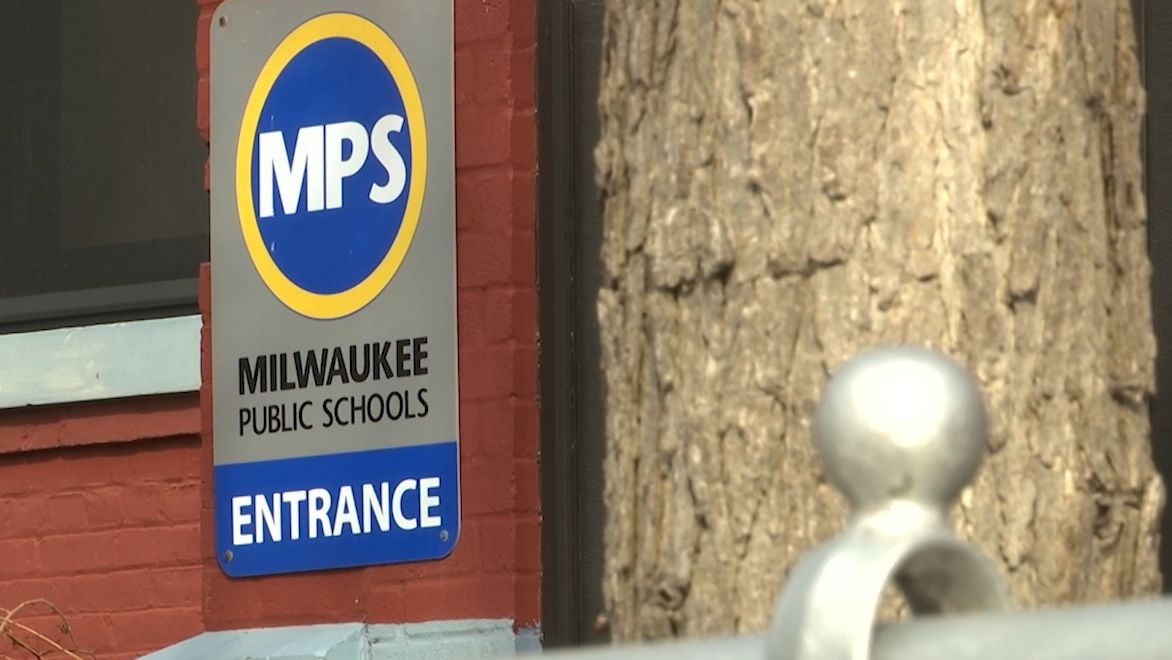WASHINGTON — President Donald Trump said only three things will be cut from Medicaid under the massive Republican legislation now before Congress to enact his agenda: “Waste, fraud and abuse.”
But the nonpartisan Congressional Budget Office said 8.6 million people would lose health insurance under the legislation, most of them by being dropped from Medicaid.
Charles Franklin, the director of the Marquette Law School Poll, said the latest national survey, which was released Wednesday, found Medicaid, Medicare and Social Security are top issues for both Democrats and Republicans.
“Those are programs that the vast majority of the public thinks are valuable and important to them, and they’re unwilling to see cuts to those things,” Franklin said. “Members of Congress, trying to find some way to claim to be reining in federal spending, are pushed to cut those very items, but they also run against public opinion.”
According to the poll, 42% of Republicans and 30% of Democrats call inflation and the cost of living their biggest issues. Yet the poll also found that Republicans are becoming more pessimistic about the ability of President Trump’s policies to reduce prices.
In December, 76% of Republicans surveyed by the Marquette poll said Trump’s policies would reduce inflation. The new poll found that only 55% of Republicans said this.
“Inflation is President Trump’s weakest area across the board, across the party groups, but it’s also the weakest among Republicans.“This is one of the striking findings,” Franklin said. “Inflation is President Trump’s weakest area across the board, across the party groups, but it’s also the weakest among Republicans. He’s still net positive with Republicans on this, but it’s the weakest, and it’s the one that’s come down the most over the months of his presidency.”
Trump has also imposed sweeping tariffs on imports. Since the last poll in March, Republican voters have become more positive about the effect of tariffs, while independents have become increasingly negative.
“The president talking about tariffs — saying they’ll have long-term benefits, and all the things he says they’ll be good for — Republicans hear those messages and they want to believe those things. And so, it’s not unusual for presidential messaging to bring his followers, his party, over to his side,” Franklin said. “The question for Republicans is, how do you balance that belief that, ‘OK, I accept the president’s arguments that tariffs are good,’ with at the same time a fear, even among Republicans, that inflation is likely to rise?”
Overall, Trump’s job approval is upside down, with 54% disapproving and 46% approving. There’s no change there from the last survey in March.
“It’s down a bit from where we were in January, when he first came in,” Franklin said. “There are particular issues where he’s especially weak on, and those could be the Achilles’ heel that hurts him — that’s inflation and the economy, and maybe surprisingly, the Russia-Ukraine War, where he’s fairly net negative. And so it’s not just your best policies that support you, where immigration and the border can help him, but it’s also those others — the economy, inflation and Russia-Ukraine — that have the potential to hurt him and hurt him more, because approval on those is very negative compared to the immigration and border questions.”
Also, interestingly, nearly 90% of Republicans either completely or mostly trust the president, but a majority of independent voters say they do not trust him.
“If we look over all of these items, the president has support among Republicans, though to varying degrees, but is almost, on every item we ask, viewed more negatively rather than positively among independents, whether that’s specific issues or whether it’s trust in the president generally,” Franklin said.
The national survey was conducted between May 5 and 15. Just over a thousand adults were interviewed, and there’s a margin of error of +/- 3.6 percentage points.
Follow Charlotte Scott on X.









